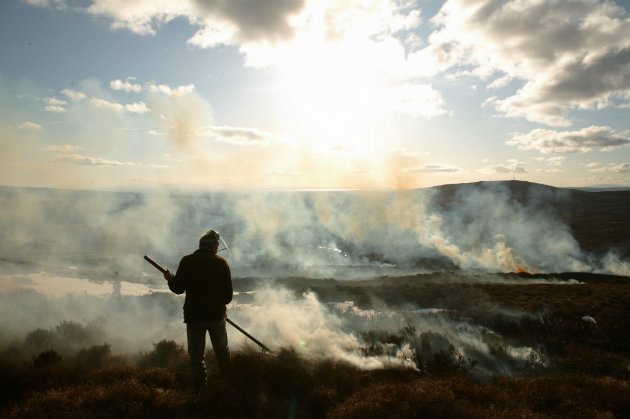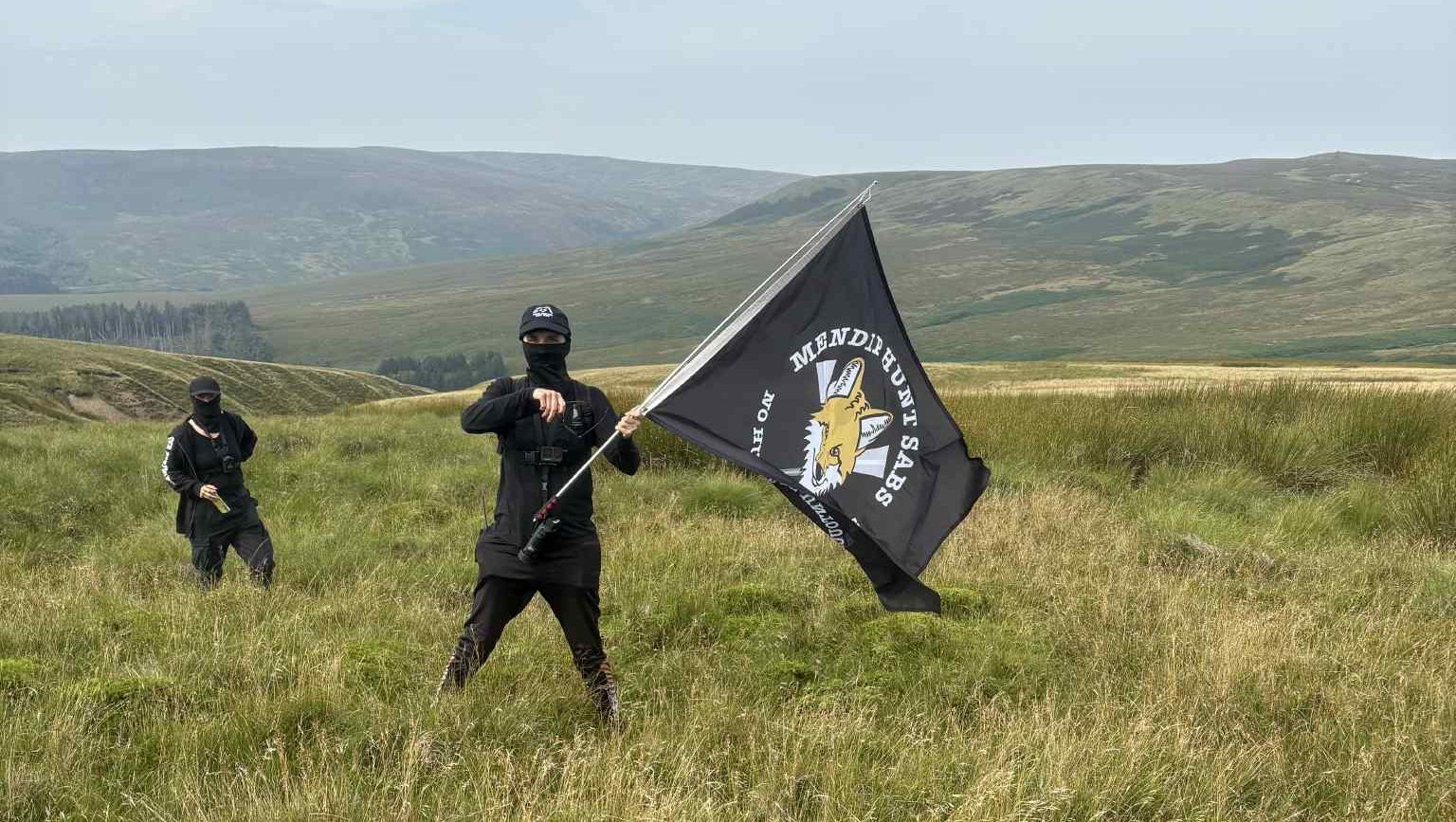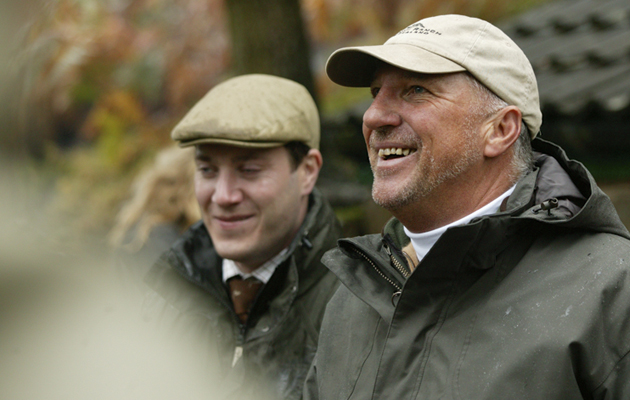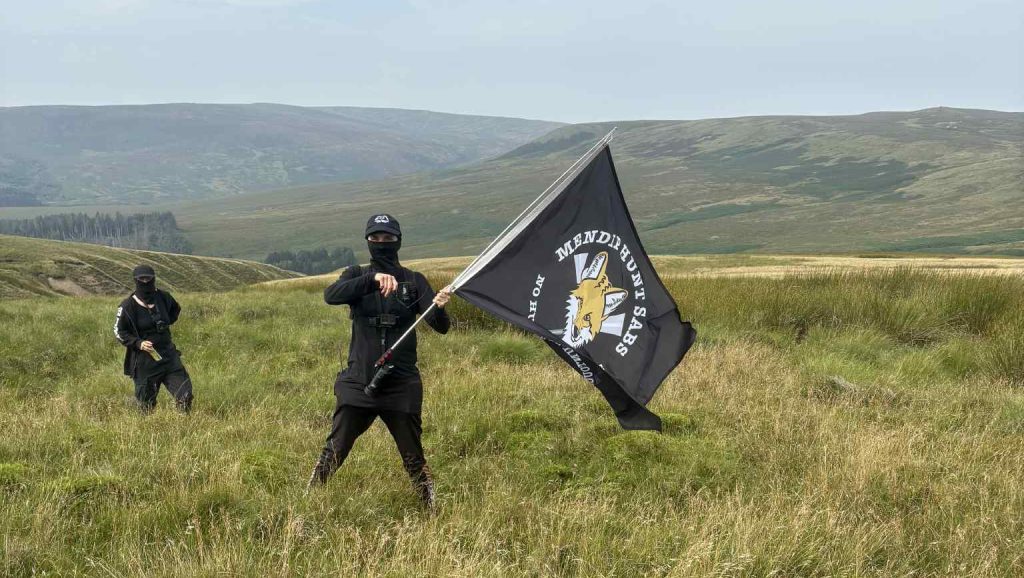Sir Ian Botham has threatened to sue the RSPB, claiming the charity falsely accused him of illegally killing birds of…

The charity has said that heather burning on grouse moors is a “damaging practice”, basing its statements on a research paper written by an RSPB scientist and requesting government involvement last year.
However independent scientists have studied the evidence and say that the RSPB press statements show “only passing resemblance to the key findings of the paper”.
The Royal Society’s paper due to be published in May warns the RSPB:”It would be preferable if ecological knowledge were allowed to determine attitudes rather than vice versa.”
It goes on to say: “Conservationists often seem unable to make objective interpretations of individual ecological management practices, such as prescribed burning.”
In detail, the paper states that moorland burning assists with plant regeneration and protects variations in the landscape.
Contradictions
It also points out that the RSPB is contradicting itself on this matter: “Furthermore, RSPB research has shown the value of prescribed fire as a tool to promote woodland expansion at forest-moorland edges and to manage Capercaillie.
“By campaigning so strongly on the presumed negative effects of burning on peatland ecosystems the RSPB thus risk undermining the ability of their own managers to use fire as an ecological tool.”
Sir Ian Botham, who leads You Forgot The Birds, a group critical of the RSPB said: “The Royal Society paper is a symptom of how serious the problems at the RSPB have become. This charity’s hatred of grouse shooting has become an obsession.
“There are deep governance problems at the RSPB. Last year we had a High Court judge criticising the RSPB for bullying Natural England officials. Now we have a Royal Society paper telling it not to distort science. The Charity Commission should tell the RSPB trustees to start serving the public interest not eco-left agendas.”
Martin Harper, conservation director of the RSPB, countered: “In certain circumstances burning can be a legitimate management tool but scientific evidence from the RSPB and a range of other sources shows that it must be used appropriately.
“Inappropriate burning on blanket peatland and protected areas can have a marked impact on the environment and in some circumstances can be incompatible with the conservation legislation designed to protect and restore these special places.
“Our science is respected, peer-reviewed, widely accepted by statutory bodies and we fully stand by it.”
Related articles
News
BASC backs four students in 2025 scholarship awards
Four gamekeeping and land management students have been selected to receive funding from BASC's scholarship programmes
By Time Well Spent
News
Masked saboteurs disrupt Glorious Twelfth grouse shoot
Activists were left visibly frustrated after failing to provoke a reaction from a small syndicate engaged in a legal walked-up shoot
By Time Well Spent
Manage Consent
To provide the best experiences, we use technologies like cookies to store and/or access device information. Consenting to these technologies will allow us to process data such as browsing behavior or unique IDs on this site. Not consenting or withdrawing consent, may adversely affect certain features and functions.
Functional Always active
The technical storage or access is strictly necessary for the legitimate purpose of enabling the use of a specific service explicitly requested by the subscriber or user, or for the sole purpose of carrying out the transmission of a communication over an electronic communications network.
Preferences
The technical storage or access is necessary for the legitimate purpose of storing preferences that are not requested by the subscriber or user.
Statistics
The technical storage or access that is used exclusively for statistical purposes.
The technical storage or access that is used exclusively for anonymous statistical purposes. Without a subpoena, voluntary compliance on the part of your Internet Service Provider, or additional records from a third party, information stored or retrieved for this purpose alone cannot usually be used to identify you.
Marketing
The technical storage or access is required to create user profiles to send advertising, or to track the user on a website or across several websites for similar marketing purposes.






